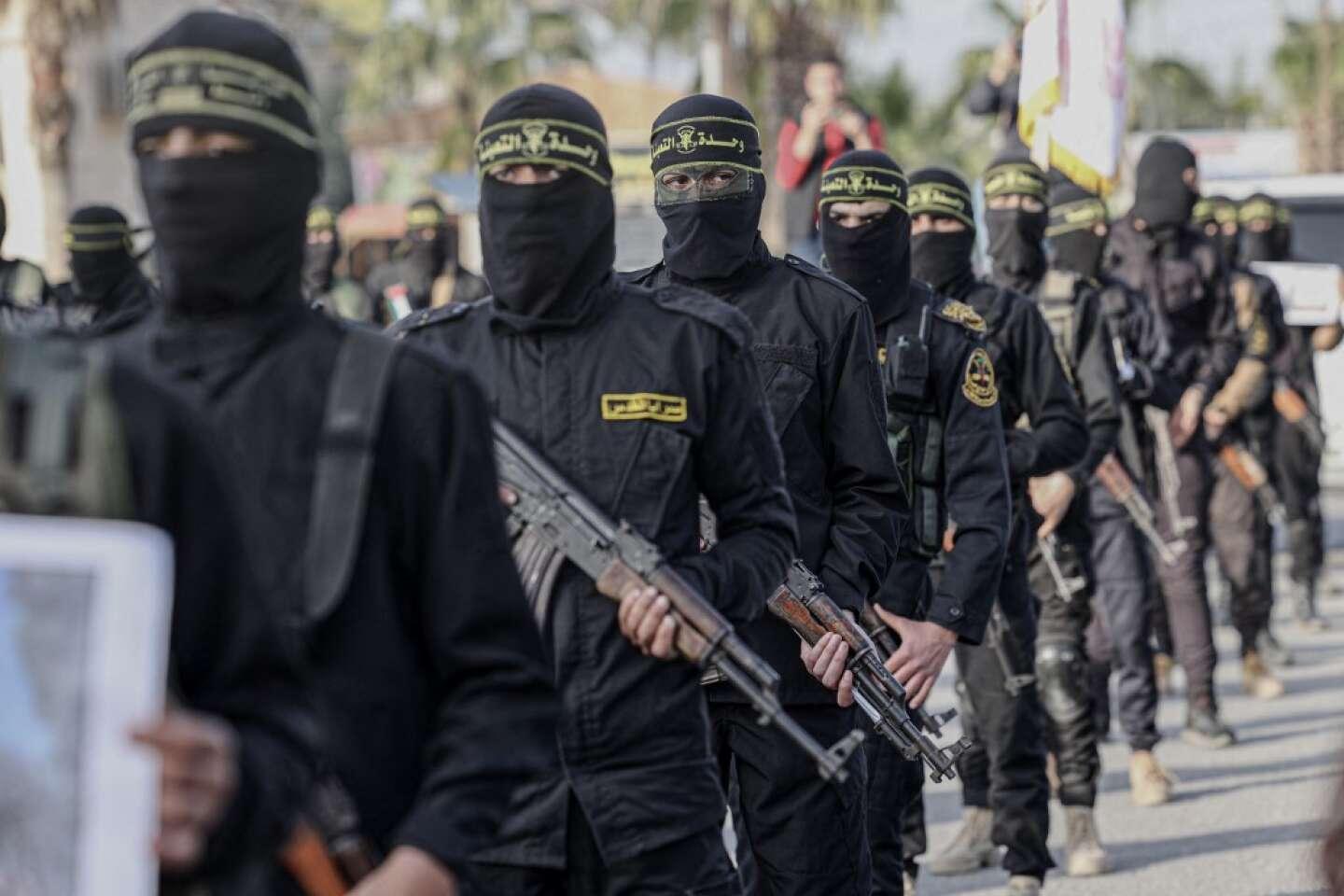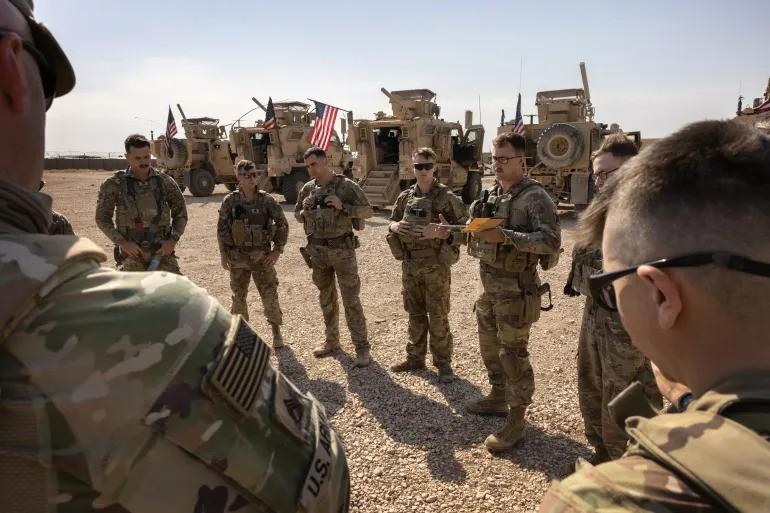Is the ISIS-Khorasan a local or transnational threat? Forging caliphate
The Islamic State in Khorasan Province (ISKP) brutal terrorist attack in Moscow in March 2024 repeatedly highlighted the dangerous tendency of the resurging ISIS threat in Central Asia emanating from Afghanistan. The Moscow attack was not the first major overseas attack by ISIS militants, as between 2023-2024, radical Islamists perpetrated brutal terror attacks in Iran, Türkiye, Afghanistan, Pakistan, and Germany.
Alongside drawing its initial recruits from disaffected members of the Pakistani and Afghan Taliban, as well as former al-Qaeda Members, ISK bolstered its ranks by forging strategic alliances with local groups. Intelligence shared in a recent United Nations report into IS's activities reveals that over the last 12 months, the group's local affiliate in Afghanistan had succeeded in recruiting leading militants from Jamaat Ansarullah, once a powerful Tajik Islamist organization.

As regards ideology, ISKP follows the same extremist ideology set by the main headquarters in Syria and Iraq, supporting the expansion of the so-called Islamic caliphate to be ruled by Sharia law. Hence, the ISKP aims to “initiate a global jihad” against infidel governments in the Muslim world. The initial priority of the ISKP is to fight against the new Afghan government ruled by the Taliban, including neighbouring Central Asian countries like Uzbekistan, Tajikistan, and Kyrgyzstan.
As such, the rising activities of the ISKP highlight the evolving nature of the militant landscape within and around Afghanistan. However, the continuing security vacuum in the region makes this landscape more fragmented. Nevertheless, given the fall of its main branch in Syria and Iraq in 2019 under the pressure of an international anti-terrorist coalition, the ISKP began to revamp its militant doctrine and developed a strategy of regionalization and internationalization in the lead-up to the US withdrawal from Afghanistan.
The renewed doctrine, therefore, enabled the ISKP to exploit regional conflicts while serving as a central node for many like-minded militant factions. As a result, the organization recruited a significant number of young jihadists in Central Asia by actively using local languages. Although the Taliban and other local governments attempted to counter the ISKP’s rising influence, the countermeasures appeared to be largely inadequate. Moreover, the geopolitical turmoil in Europe and the Middle East recently paved the way for extended operations of ISIS in Iraq and Syria.

For example, on July 17, the United States military indicated that ISIS is trying “to reconstitute” as the number of its attacks in Syria and Iraq is on track to double that of the previous year. According to the US Central Command, the armed group has already claimed 153 attacks in both countries in the first six months of 2024.
Unlike ISIS, the ISKP has demonstrated a notable ability to overcome short-term losses, adapting its strategy geographically and operationally. In contrast, the Taliban government struggles to recruit new professional fighters for its armed forces and faces additional challenges in gaining international legitimacy. The possible acknowledgement of legitimacy could enable other states to provide security assistance to the Taliban government against the ISKP.
The successful strategy of the ISKP in building an extensive network of jihadists among Central Asian nations poses an imminent security threat to regional governments and beyond. This is also because the ISKP finds itself in a highly permissive environment without serious countermeasure tactics and international coalition involvement, as in the case of Iraq and Syria. Therefore, the ISKP actively attempts to exert influence on more young sympathizers to put pressure on the Taliban government, thus undermining its relations with Iran, Russia, and China.
With the renewed perspectives of ISIS resurgence in the Middle East, ISKP would put enormous efforts to increase the number of terror attacks in the region and open a new front against anti-terror coalition members. However, such a decision would come at a cost, as it may trigger a small anti-terrorist campaign in Central Asia led by Russia and China to establish a secured buffer zone and hamper ISKP's influence.








